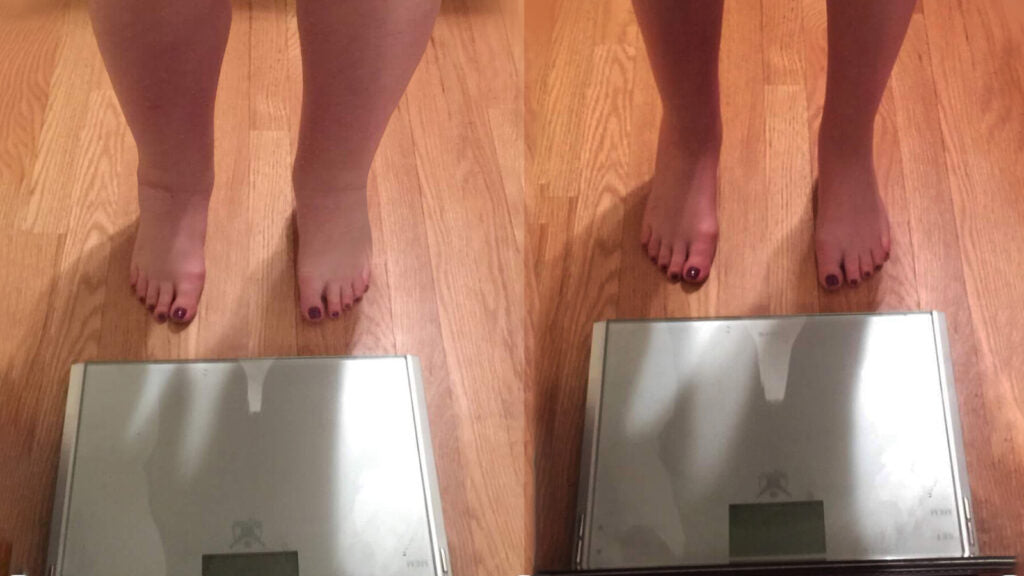How meditation can help with depression

Depression is a mental illness that has many symptoms. If you have depression, some of your symptoms may include:
- A depressed mood that you just can't shake
- Loneliness
- Fatigue
- Wanting to be alone
- Lack of interest in activities
- Sadness
- Sleep problems
- Anxiety and irritability
- Changes in appetite
- Suicidal thoughts
- Concentration problems
If you experience these symptoms for more than two weeks, you may be suffering from a depressive disorder. Meditation can help you manage these symptoms, if you know how to do it. If you make it a regular practice, it can help you reduce stress and anxiety, which can cause depression.
How depression affects your mental health
How does the brain respond to stress? The main triggers of depression are stress and anxiety. Meditation helps change those feelings and thoughts by training your brain to focus on one thing. When negative thoughts arise, the brain returns to that point of focus, allowing the negative emotions and physical sensations to pass.
It works on specific brain areas linked to depression. For example, the area concerned with the self tends to go into overdrive when you are stressed. This is known as the prefrontal cortex which creates information about you.
Another area of the brain affected by depression is the amygdala, also known as the 'fear area'. This region tells you whether to fight or flee when danger threatens. It causes the adrenal glands to produce cortisol , a stress hormone that responds to fear and threat. These two regions work hard against each other and cause depression. The 'I center' responds to stress and the fear center responds to a danger that is only present in your mind.
Impact of meditation on your mental health
Meditation may not make all the symptoms of depression go away, but it can help you manage them. It works by changing the way your brain responds to stress and anxiety. When you meditate, you can ignore the triggers stimulated from the prefrontal cortex and the amygdala. This explains why your stress level drops.
Meditation protects the hippocampus . The hippocampus is for memory and learning. If you meditate for 30 minutes every day for eight weeks, you will help your brain increase gray matter in this area. Research shows that people with recurrent depressive episodes have a smaller hippocampus.
It helps to change your thinking . Depression involves a lot of negative thinking and dark thoughts. It's normal to be angry with life and yourself. Meditation does not make you push aside your stress or block negative thoughts. Instead, it gives you a way to notice those thoughts and feelings. This may sound counterintuitive, because it involves increasing your awareness of those thoughts and feelings. However, the practice helps to create mindfulness and acceptance of it.
It prepares the mind for stressful situations . If a visit to your doctor makes you nervous or stressed, meditating for a few minutes beforehand can calm you down. It shifts the mind's focus from the stress response to a state of calm. This practice can help you refrain from acting on those thoughts and feelings when you don't want to. Instead, recognize and appreciate that while they influence you, they are not you. Gently release them as you meditate, disrupting the negative cycles of stress and depression.
Types of meditation that can help deal with depression
Some types of meditation help manage depression. Remember to continue your medications and other treatments as you continue with meditation. Use it as part of your conventional medical care, and under the supervision of your doctor if possible.
- Loving kindness meditation. Focuses on creating a loving and kind environment for yourself. It can help eliminate feelings of doubt and self-criticism.
- Mindfulness meditation. Some people consider this the most powerful form of meditation. Most other forms of meditation come from this type. It's about being aware of the present moment and feeling it fully.
- Mindfulness-based cognitive therapy. This is a branch of mindfulness meditation. It combines with cognitive behavioral therapy for effective results and focuses on changing harmful behavior patterns and thoughts.
- Yoga . This is a meditative practice that involves physical postures, breathing techniques and meditation.
- Visualization. When you focus on pleasant images, your brain becomes calm. It changes the way you remember negative memories. You end up with happy thoughts.
- To sing. This activates parts of your brain involved in emotional control and mood regulation.
- Walking meditation. This helps you stay mentally and physically healthy and improve your flexibility.

The writer
Carolien Eijzelen, a dedicated and passionate editor for Nature as Medicine magazine/blog, plays a crucial role in illuminating how nature contributes to our well-being. With her keen insight and ability to create in-depth articles, she inspires readers to integrate the healing power of nature into their daily lives. Carolien's work emphasizes the undeniable link between nature and health, and encourages a life that is more in harmony with our environment.
Appendix
Due to the many positive reactions, I have again answered a number of frequently asked questions:







